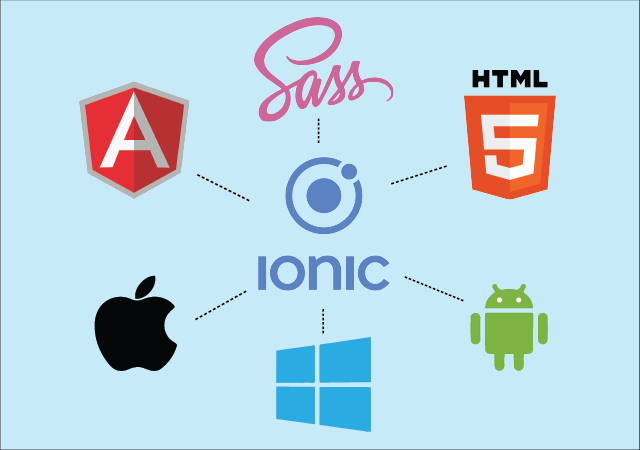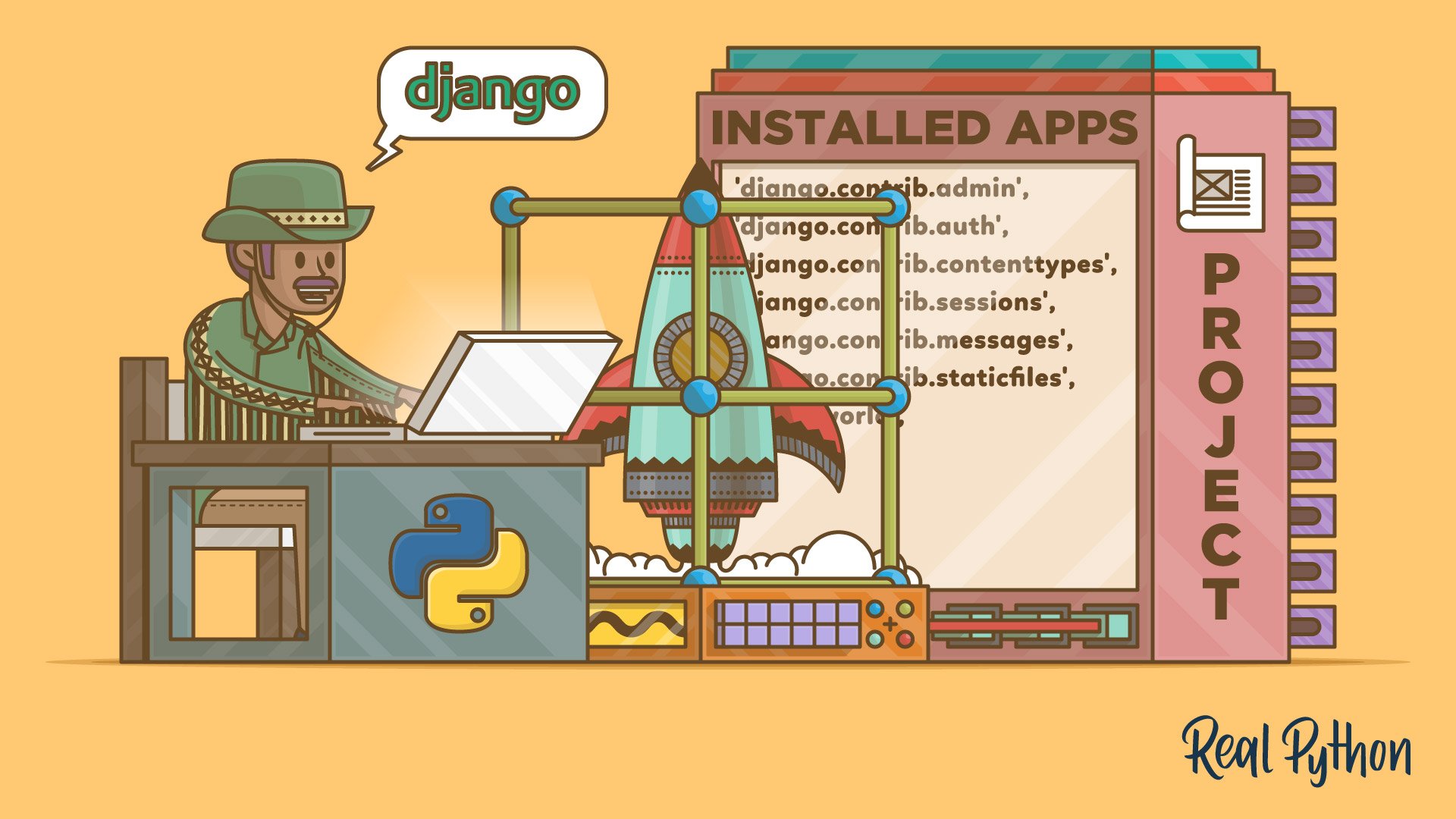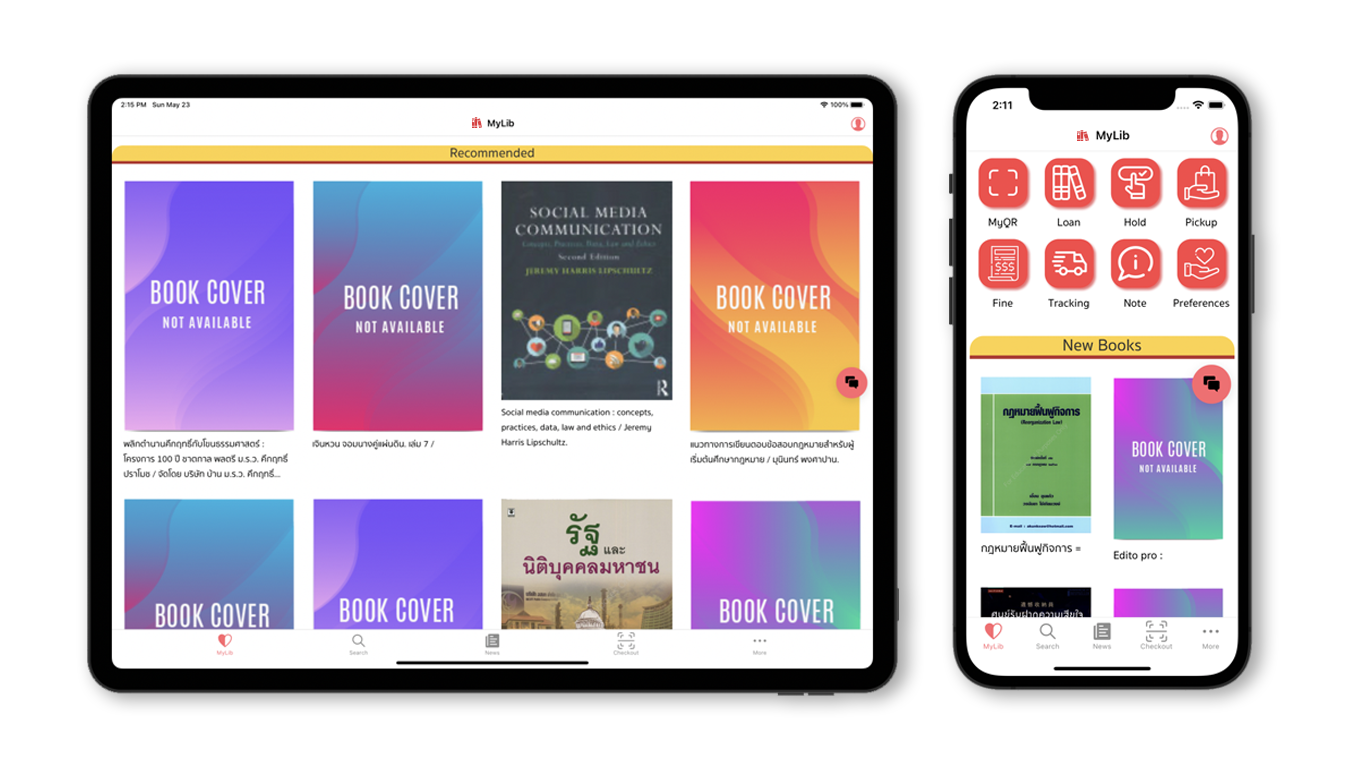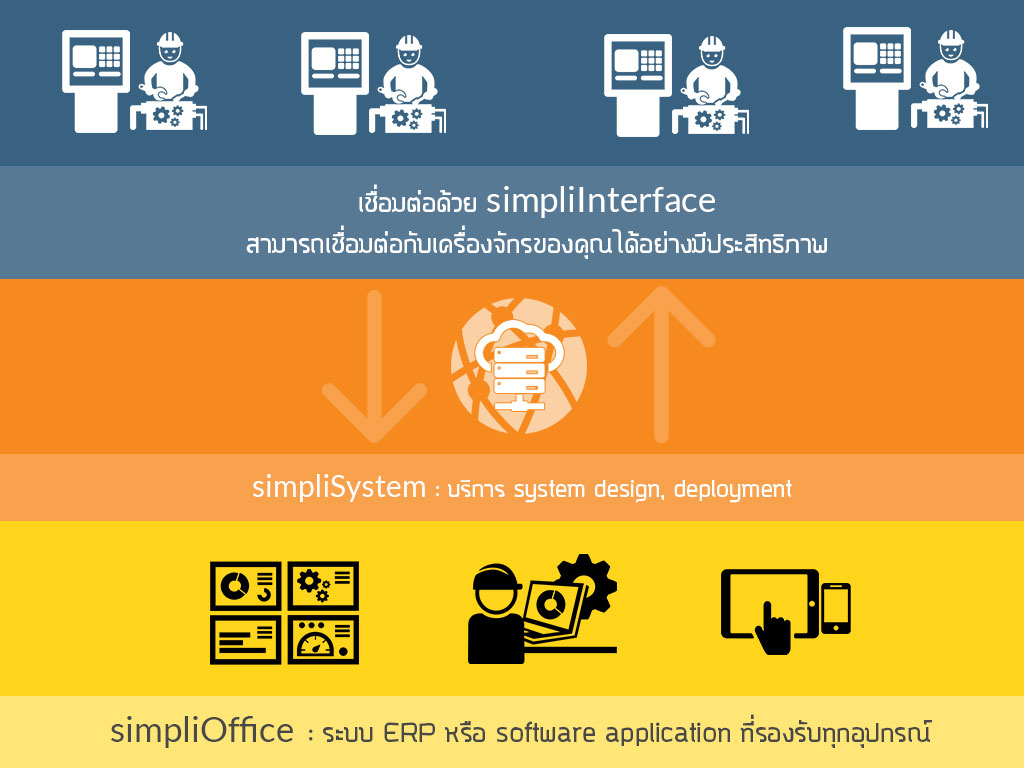The Power of Output: How to Become a Better Programmer
Many of us strive to become proficient programmers, continuously consuming tutorials, documentation, and courses. But according to Shion Kabasawa’s influential book, The Power of Output, the secret to genuine improvement lies not in consuming more content—but rather in producing meaningful outputs from our learning.
Here’s how you can practically apply these principles to transform yourself into a stronger programmer:
1. Shift Your Balance: Output > Input
Instead of passively consuming tutorials, actively practice coding immediately after learning something new. Aim to spend 70% of your programming time on actual coding and experimentation, with only 30% on tutorials or theoretical study.
Concrete Example: After learning about REST APIs, immediately build a basic API for tracking daily tasks.
2. Write Regularly
Writing solidifies knowledge. Make it a habit to write weekly blog posts or journal entries summarizing new programming concepts you’ve explored. This reinforces your understanding and creates valuable content you can reference later.
Concrete Example: Write a blog post like “How I Used Docker Compose to Containerize My Django App.”
3. Teach What You Learn
Teaching forces you to clarify your own understanding. Regularly explain new programming concepts to others, either through video tutorials, presentations, or answering questions on platforms like Stack Overflow.
Concrete Example: Create a short YouTube tutorial on "Setting Up PostgreSQL with Django."
4. Seek and Implement Feedback
Actively seek feedback on your coding projects from peers, mentors, or through open-source communities. Feedback highlights blind spots, helping you improve rapidly.
Concrete Example: Submit your Django project for code reviews on GitHub and specifically request feedback on your database design and REST API structure.
5. Immediately Apply Knowledge to Mini-Projects
Solidify your learning by consistently building small, practical projects that directly apply newly acquired knowledge. This practice moves theoretical knowledge into actionable skills.
Concrete Examples:
- Learned Flutter? Build a basic farming activity tracker app.
- Learned Django Channels? Create a real-time chat app.
A Simple Weekly Schedule for Growth
| Day | Activity (Output-Focused) |
|---|---|
| Mon | Build API endpoints after a REST tutorial. |
| Tue | Dockerize your Django app after a short tutorial. |
| Wed | Write a blog post summarizing weekly learnings. |
| Thu | Write unit tests after learning Django testing. |
| Fri | Teach Django basics in a short video. |
| Sat | Implement improvements from project feedback. |
| Sun | Integrate weekly concepts into a mini-project. |
By consistently practicing output-oriented learning, you’ll gain deep, practical knowledge, develop confidence, and build a strong portfolio showcasing real skills.
Remember, it’s not about consuming more—it’s about producing better.
Get in Touch with us
Related Posts
- AI会在2026年取代软件开发公司吗?企业管理层必须知道的真相
- Will AI Replace Software Development Agencies in 2026? The Brutal Truth for Enterprise Leaders
- 使用开源 + AI 构建企业级系统(2026 实战指南)
- How to Build an Enterprise System Using Open-Source + AI (2026 Practical Guide)
- AI赋能的软件开发 —— 为业务而生,而不仅仅是写代码
- AI-Powered Software Development — Built for Business, Not Just Code
- Agentic Commerce:自主化采购系统的未来(2026 年完整指南)
- Agentic Commerce: The Future of Autonomous Buying Systems (Complete 2026 Guide)
- 如何在现代 SOC 中构建 Automated Decision Logic(基于 Shuffle + SOC Integrator)
- How to Build Automated Decision Logic in a Modern SOC (Using Shuffle + SOC Integrator)
- 为什么我们选择设计 SOC Integrator,而不是直接进行 Tool-to-Tool 集成
- Why We Designed a SOC Integrator Instead of Direct Tool-to-Tool Connections
- 基于 OCPP 1.6 的 EV 充电平台构建 面向仪表盘、API 与真实充电桩的实战演示指南
- Building an OCPP 1.6 Charging Platform A Practical Demo Guide for API, Dashboard, and Real EV Stations
- 软件开发技能的演进(2026)
- Skill Evolution in Software Development (2026)
- Retro Tech Revival:从经典思想到可落地的产品创意
- Retro Tech Revival: From Nostalgia to Real Product Ideas
- SmartFarm Lite — 简单易用的离线农场记录应用
- OffGridOps — 面向真实现场的离线作业管理应用














